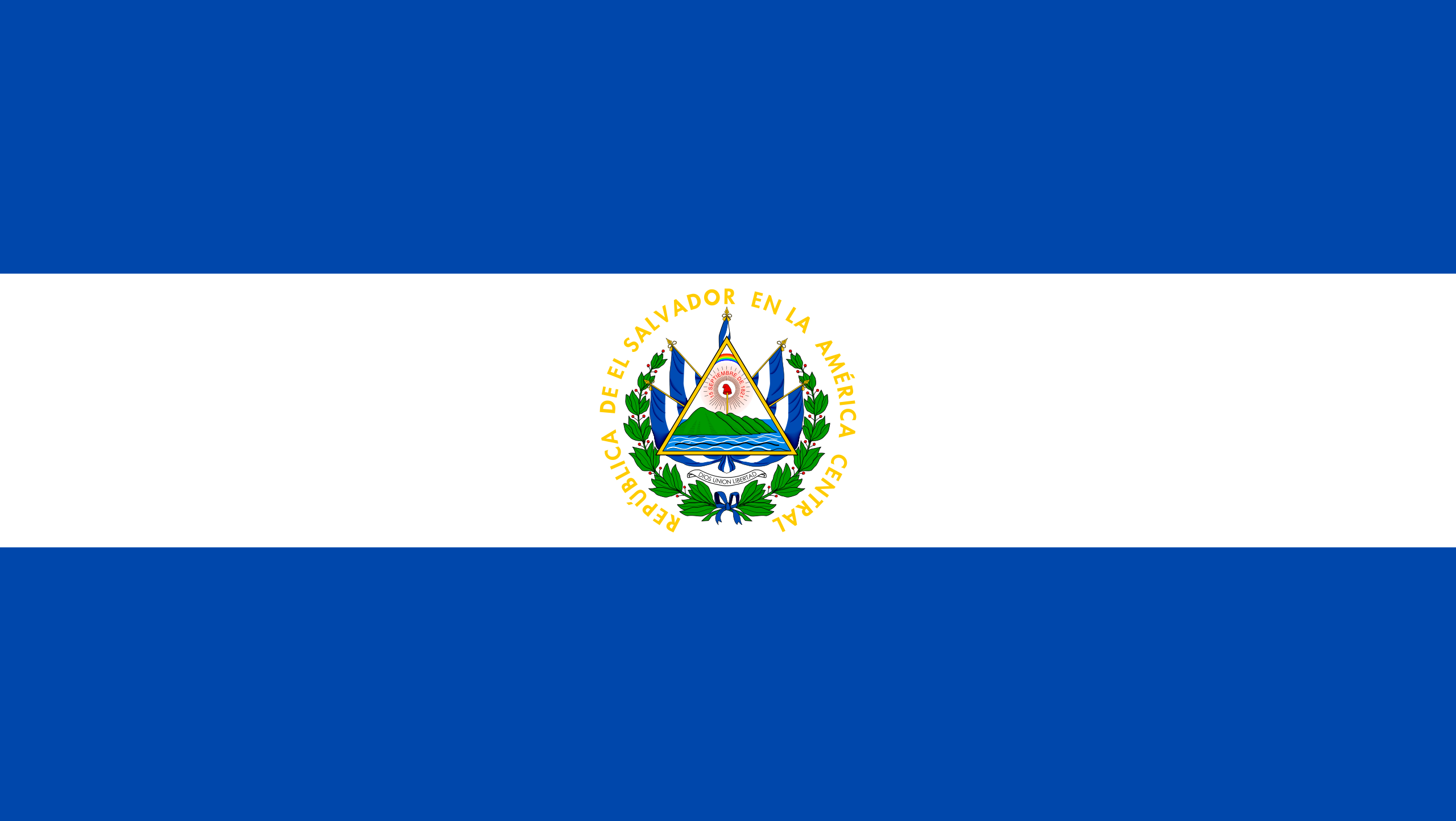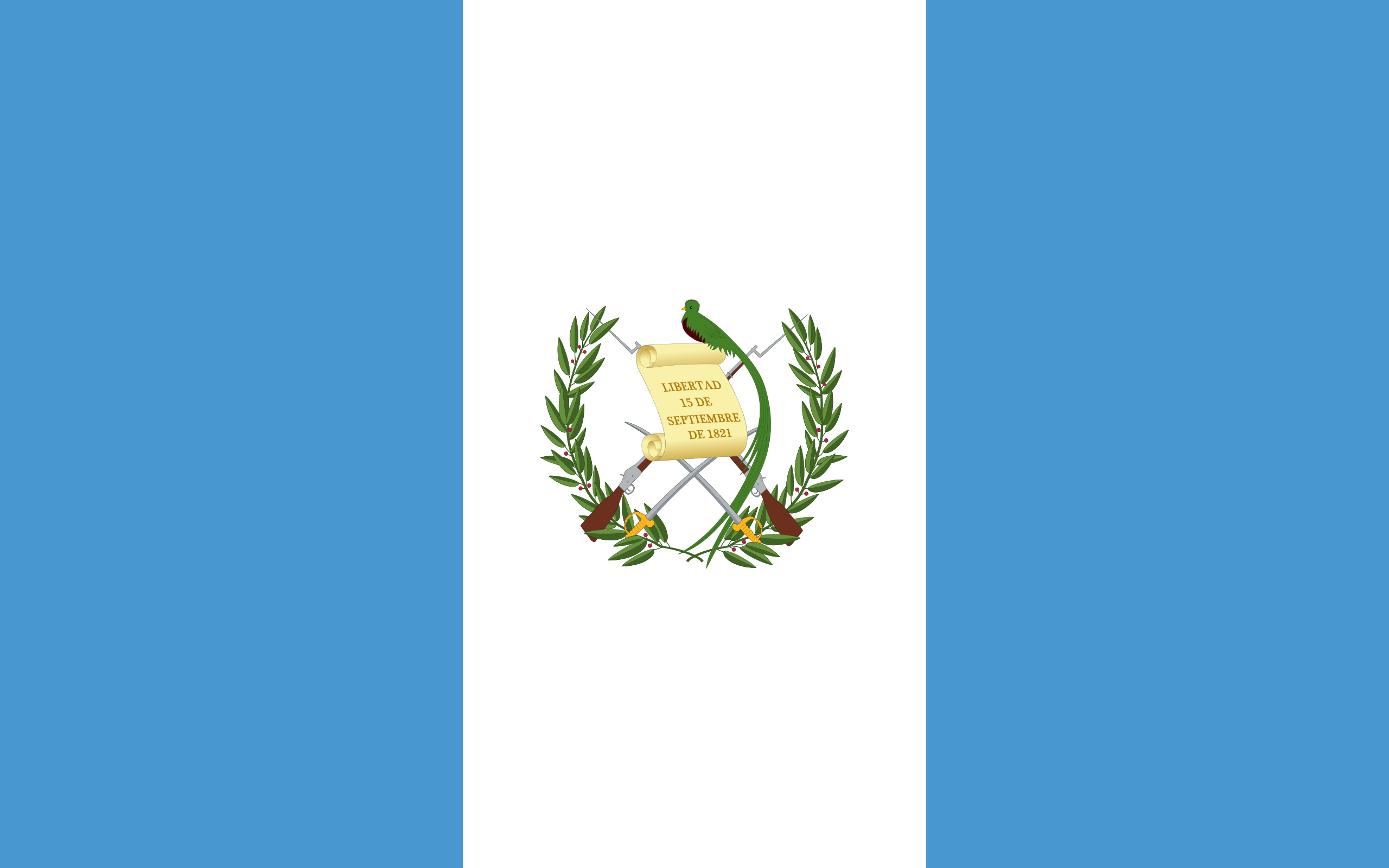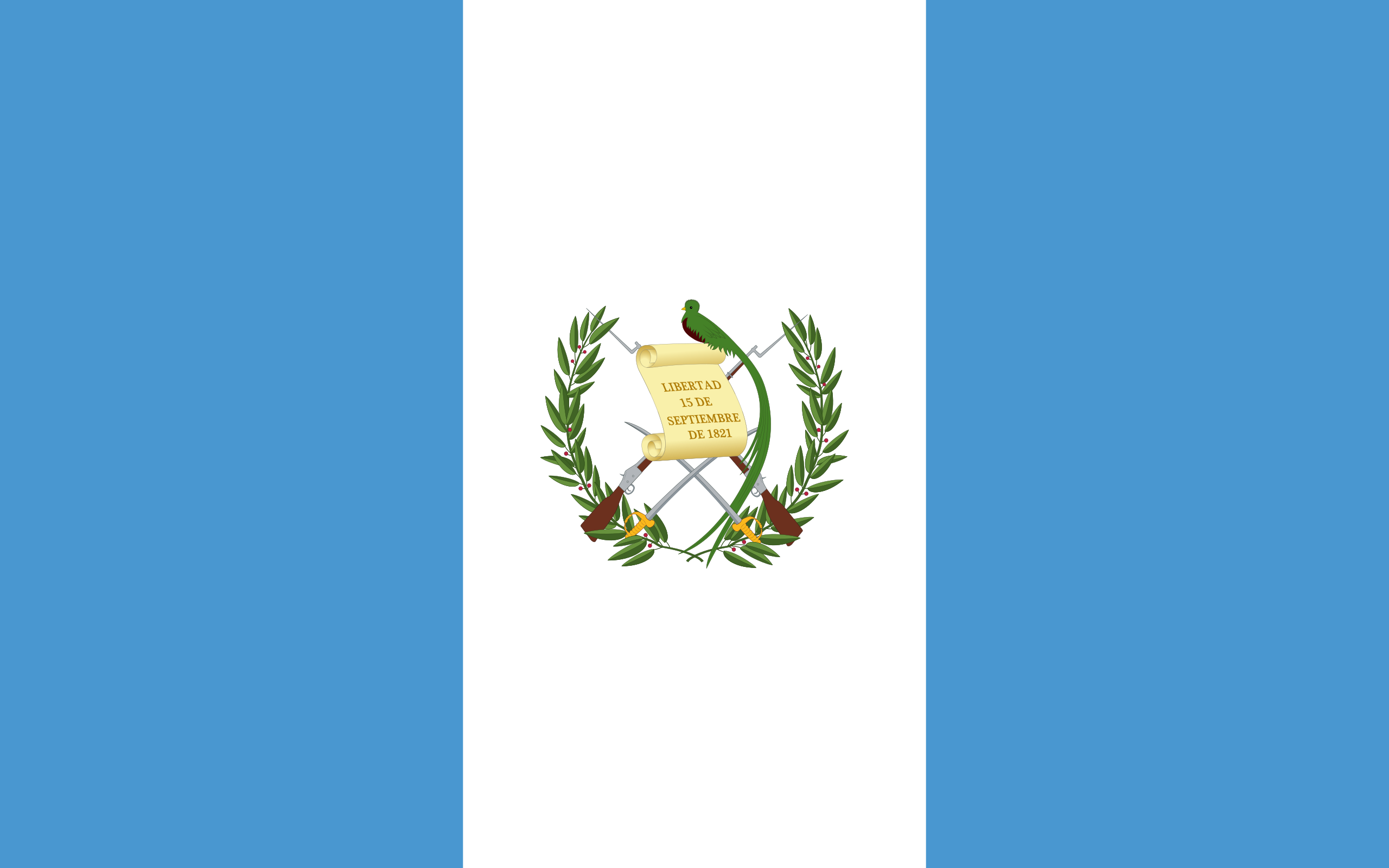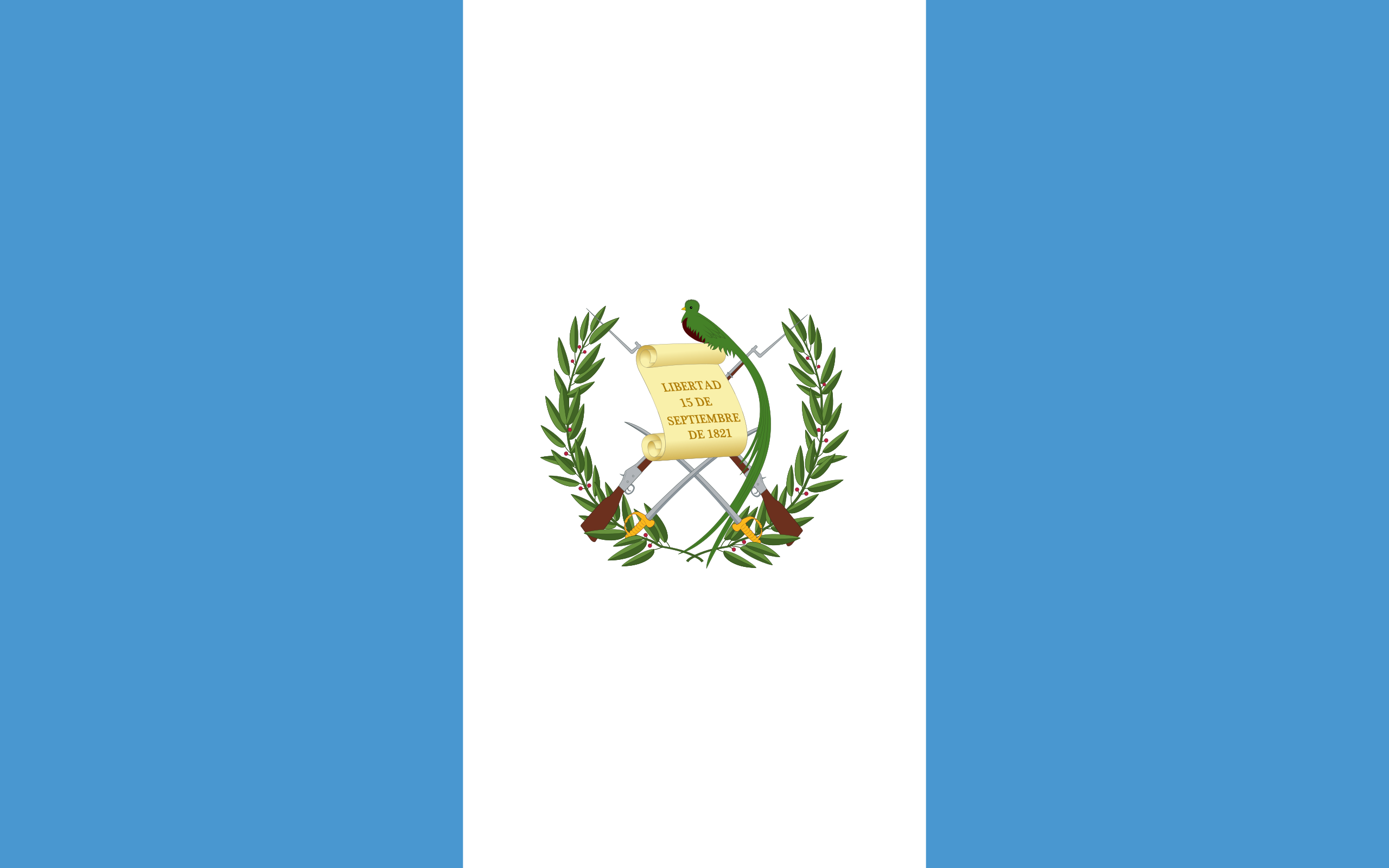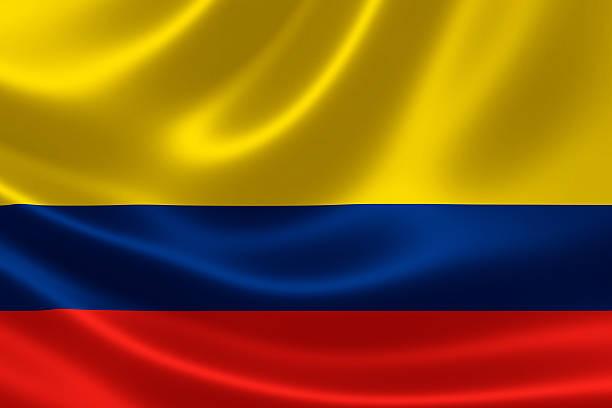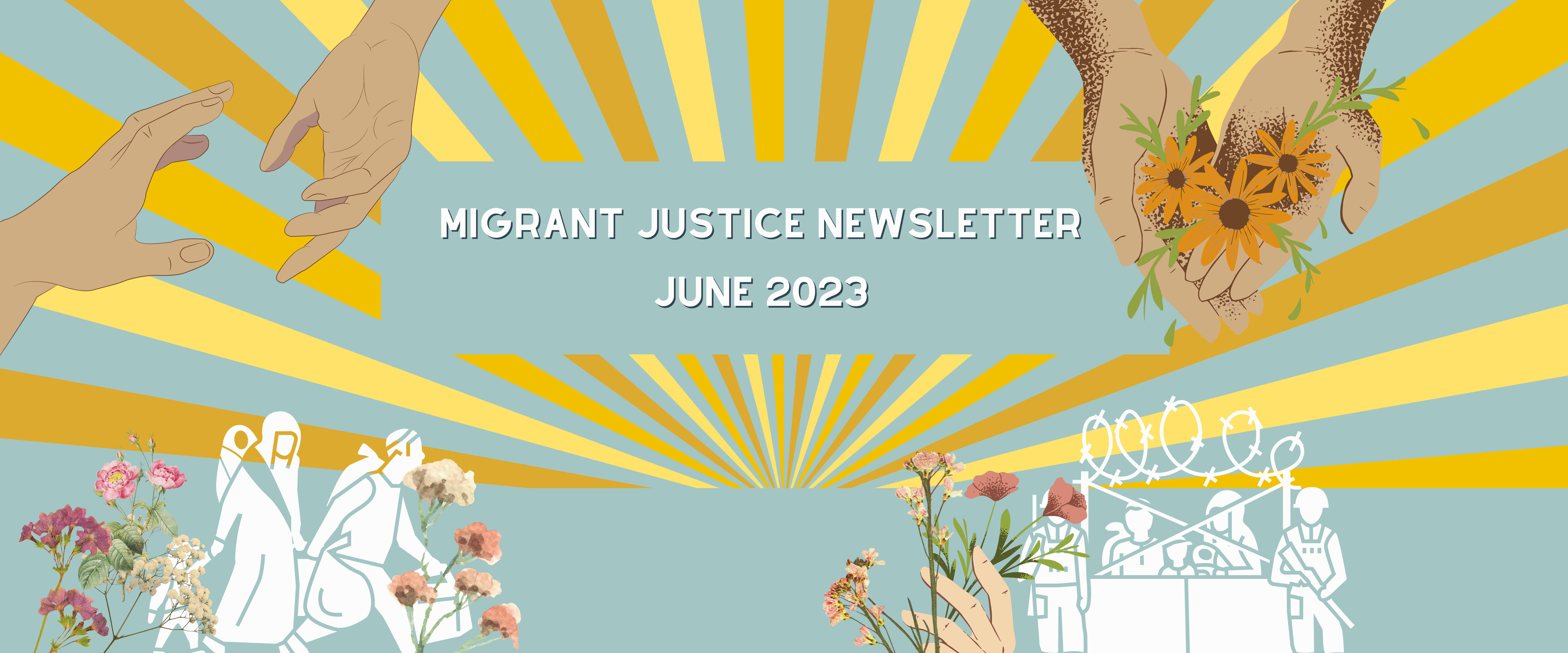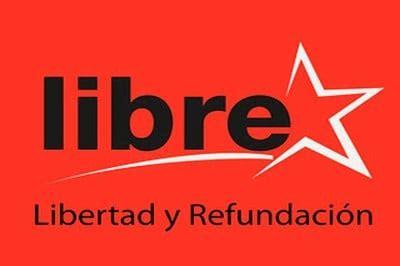Bukele, a 42-year-old former marketing executive who prefers TikTok to traditional media, has described himself both as an “instrument of God” and the “world’s coolest dictator.” Over a year ago, Bukele declared a state of emergency (ostensibly to crack down on violent crime) that suspended civil liberties as authorities jailed more than 70,000 people — about 2% of the country’s adult population — in a matter of months. As homicides plunged, Bukele’s approval ratings skyrocketed. Today 93% of Salvadorans endorse his presidency.
Steven Levitsky, who is co-author of the 2018 bestselling book “How Democracies Die,” said it’s no accident that Bukele’s ascent has coincided with a rise in crime across many parts of Latin America. “Security pushes people to the right, almost invariably, and pushes voters in a more authoritarian direction in the sense that they’re willing to accept violations of human rights, civil liberties and rule of law,” Levitsky said. “People across the world are willing to sacrifice a lot of liberal democratic niceties for security.”
Brian Winter, editor in chief of Americas Quarterly magazine, recently wrote that violent crime may be replacing government corruption as the most important issue for voters in Latin America.
And the popularity of Bukele's populism is spreading throughout Central and South America. In Argentina and other Andean nations, Bukele’s face now appears in the campaign advertisements of candidates hoping to exploit his political capital. Some politicians, including Colombia’s presidential runner-up, Rodolfo Hernández, have made pilgrimages to El Salvador to observe for themselves the cult of “Bukelismo.”
The Republicans in Congress like him too. “It’s absurd to criticize [Bukele] for giving Salvadoran people their freedom back,” said Marco Rubio, the Republican senator from Florida and member of the US Senate Foreign Relations Committee, who met with Bukele in El Salvador this spring. “The left is so allergic to law enforcement that it would rather see [criminal gangs] Barrio 18 and MS-13 roaming the streets than criminals locked up.”
